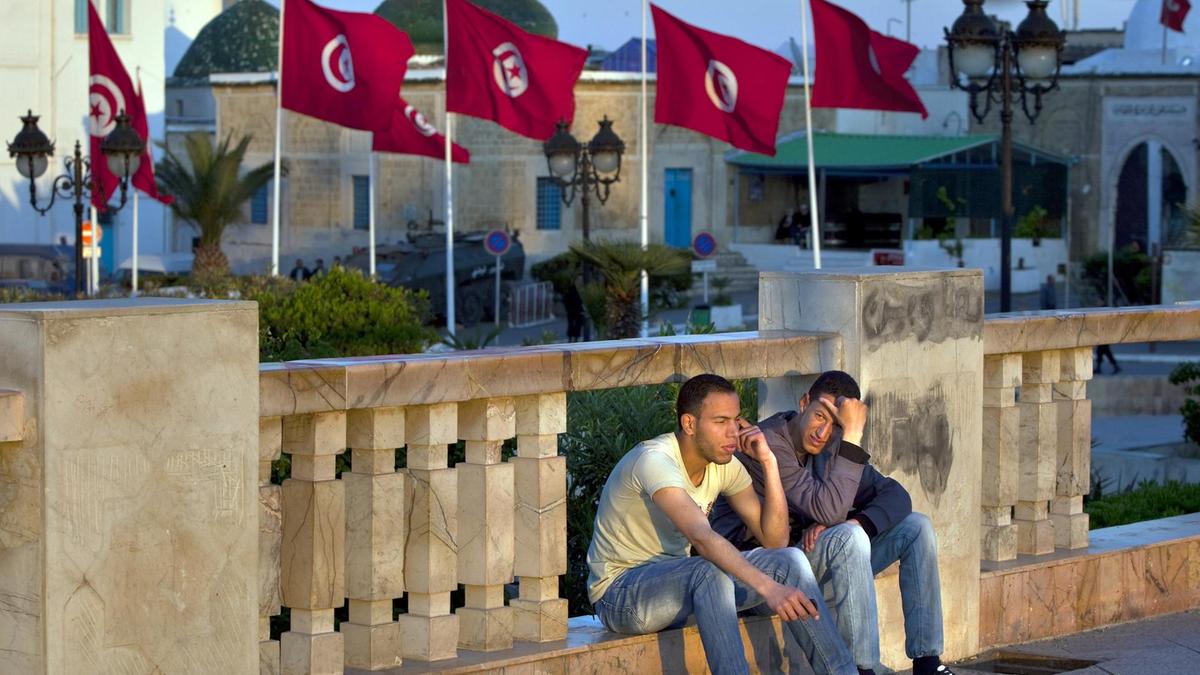Home » IMF delegation to visit Tunisia as economic situation stagnates
IMF delegation to visit Tunisia as economic situation stagnates


Representatives from the IMF visit Tunisia today to review the $2.8 billion loan program that was agreed to in December 2016.
Widely regarded as the only democratic success story of the Arab Spring, successive governments have struggled to improve Tunisia’s economy. Unemployment now sits above 15%; joblessness for those under the age of 24 soars to 36%. Combined with a fractious security situation and soaring inflation, which hasn’t dipped below 7% in the past year, many Tunisians remain economically frustrated.
This is problematic for the government, which faces elections in October and November. Indeed, unemployment and the lack of inclusive economic growth were central to the protests that ousted autocrat Zine el-Abidine Ben Ali in 2011. While Tunisia’s fledgeling democracy makes a second revolution highly unlikely, the government is still concerned.
In February, Tunis agreed to raise the wages of almost 700,000 public sector workers to avoid further national strikes. The IMF, which advocates freezing public sector wages to cut Tunisia’s budget deficit, was not pleased. Back then, the Fund postponed its trip to Tunis; today it will be forced to have difficult discussions with government officials.
Wake up smarter with an assessment of the stories that will make headlines in the next 24 hours. Download The Daily Brief.
Simon is the founder of Foreign Brief who served as managing director from 2015 to 2021. A lawyer by training, Simon has worked as an analyst and adviser in the private sector and government. Simon’s desire to help clients understand global developments in a contextualised way underpinned the establishment of Foreign Brief. This aspiration remains the organisation’s driving principle.

